Research Highlights
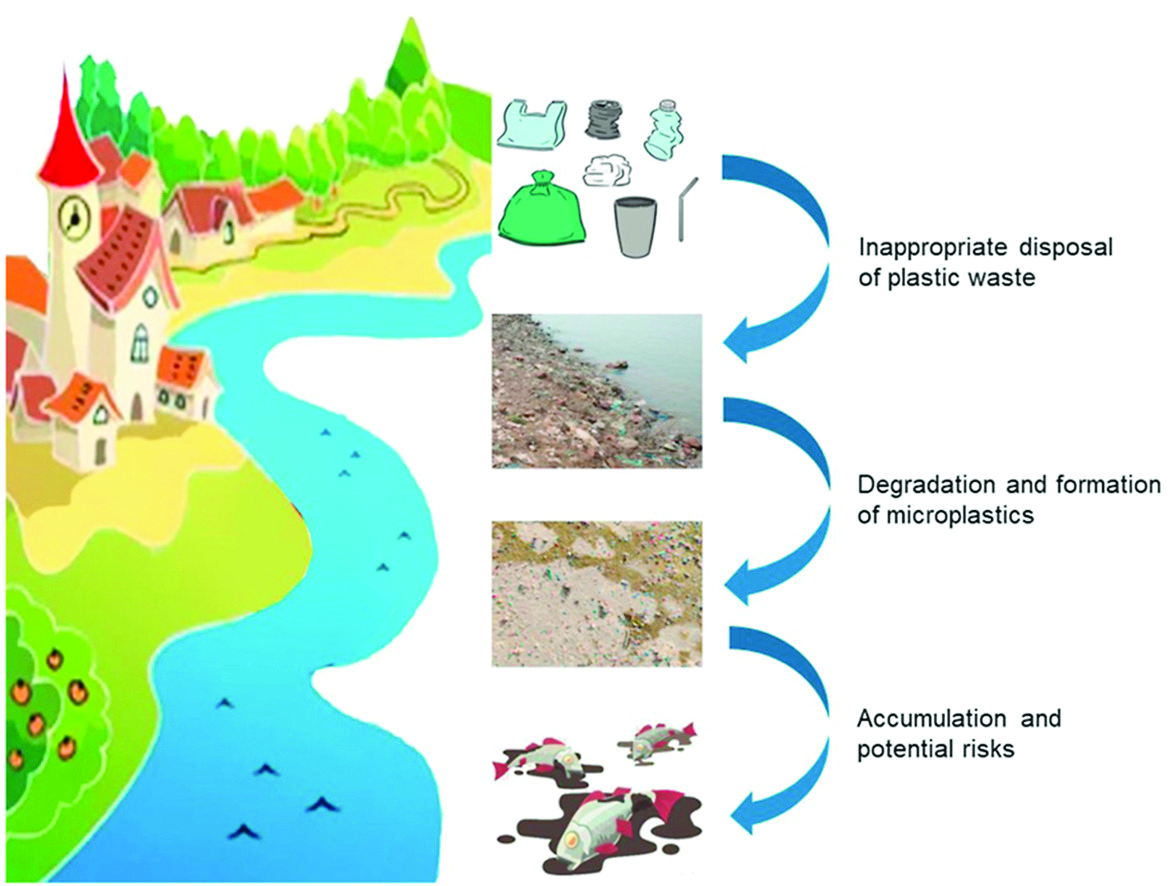
Involved Members: Dr. James Kar Hei FANG, Prof. Paul Kwan Sing LAM
Plastic waste are introduced into the environment inevitably and their exposure in the environment causes deterioration in mechanical and physicochemical properties and leads to the formation of plastic fragments, which are considered as microplastics…
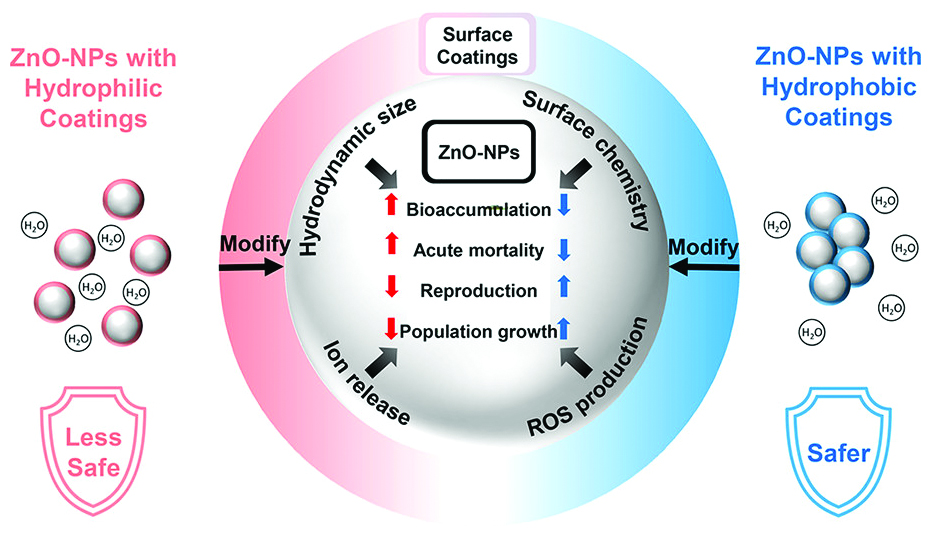
Involved Members: Prof. Kenneth Mei Yee LEUNG, Prof. Xiaoyan LI
Current toxicity assessment of zinc oxide nanoparticles (ZnO-NPs) seldom considers the impacts of surface modification while it is a common practice in commercial products. Therefore, we evaluated the toxicities of ZnO-NPs with three different silane…
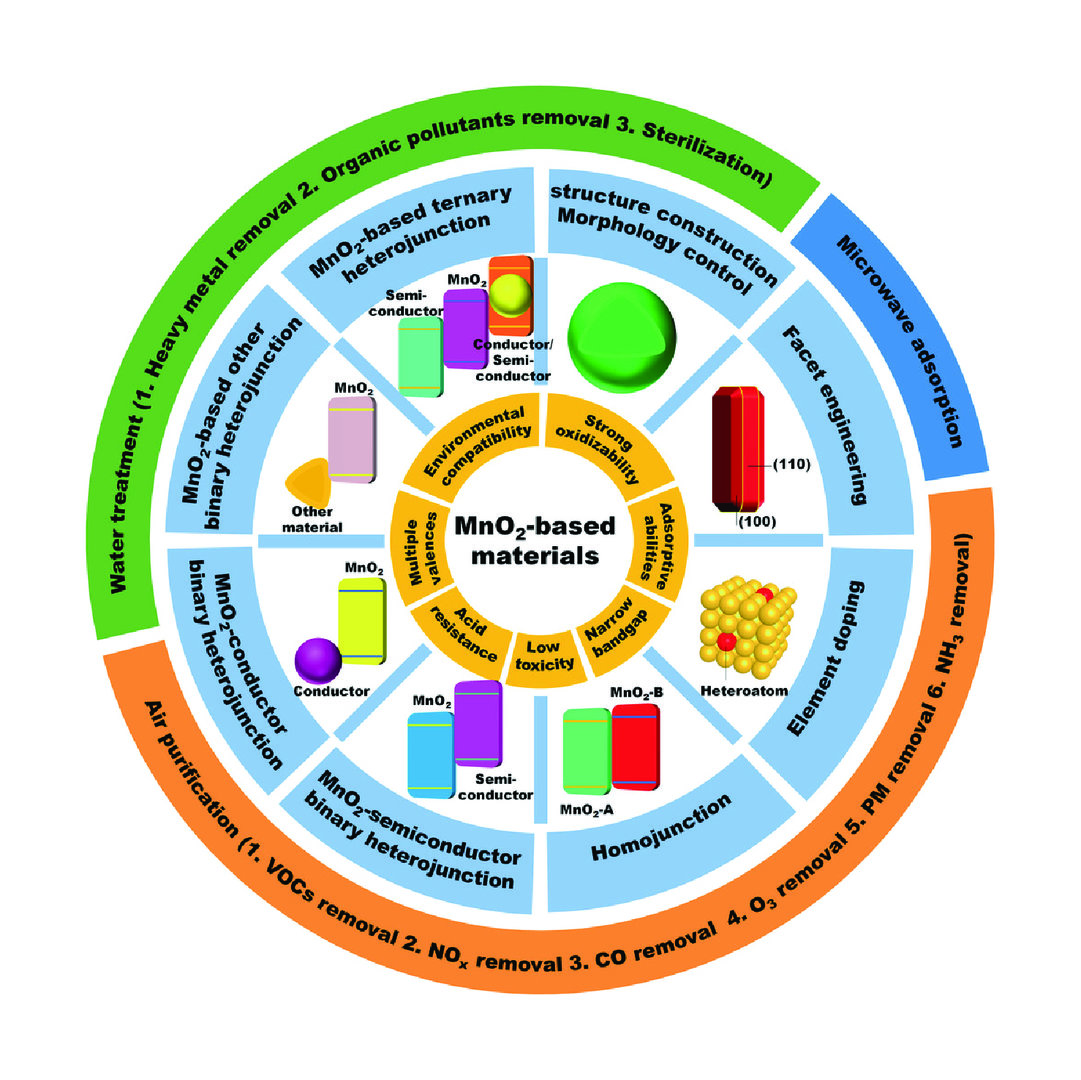
Involved Member: Dr. Ruquan YE
A review paper has summarized recent research progress in the modification of MnO2 single species by morphology control, structure construction, facet engineering, and element doping. The design and fabrication of MnO2-based composites via the construction of…
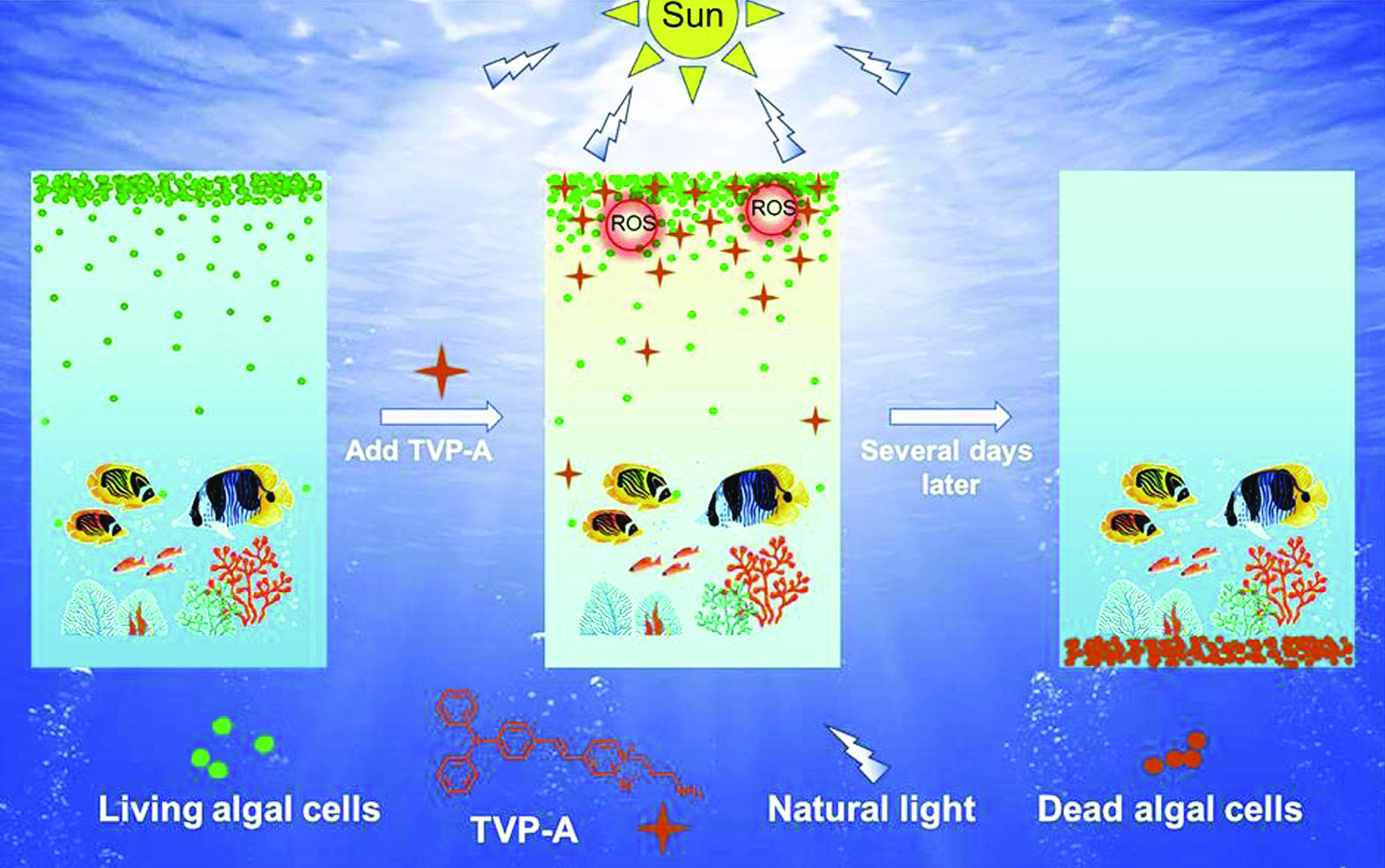
Involved Member: Prof. Wenxiong WANG
TVP-A, a positively charged photosensitizer with aggregation induced emission characteristics is introduced as a super-efficient, cost-effective, and eco-friendly agent for controlling harmful algal blooms. Due to its positive surface charge, TVP-A has good water solubility and…
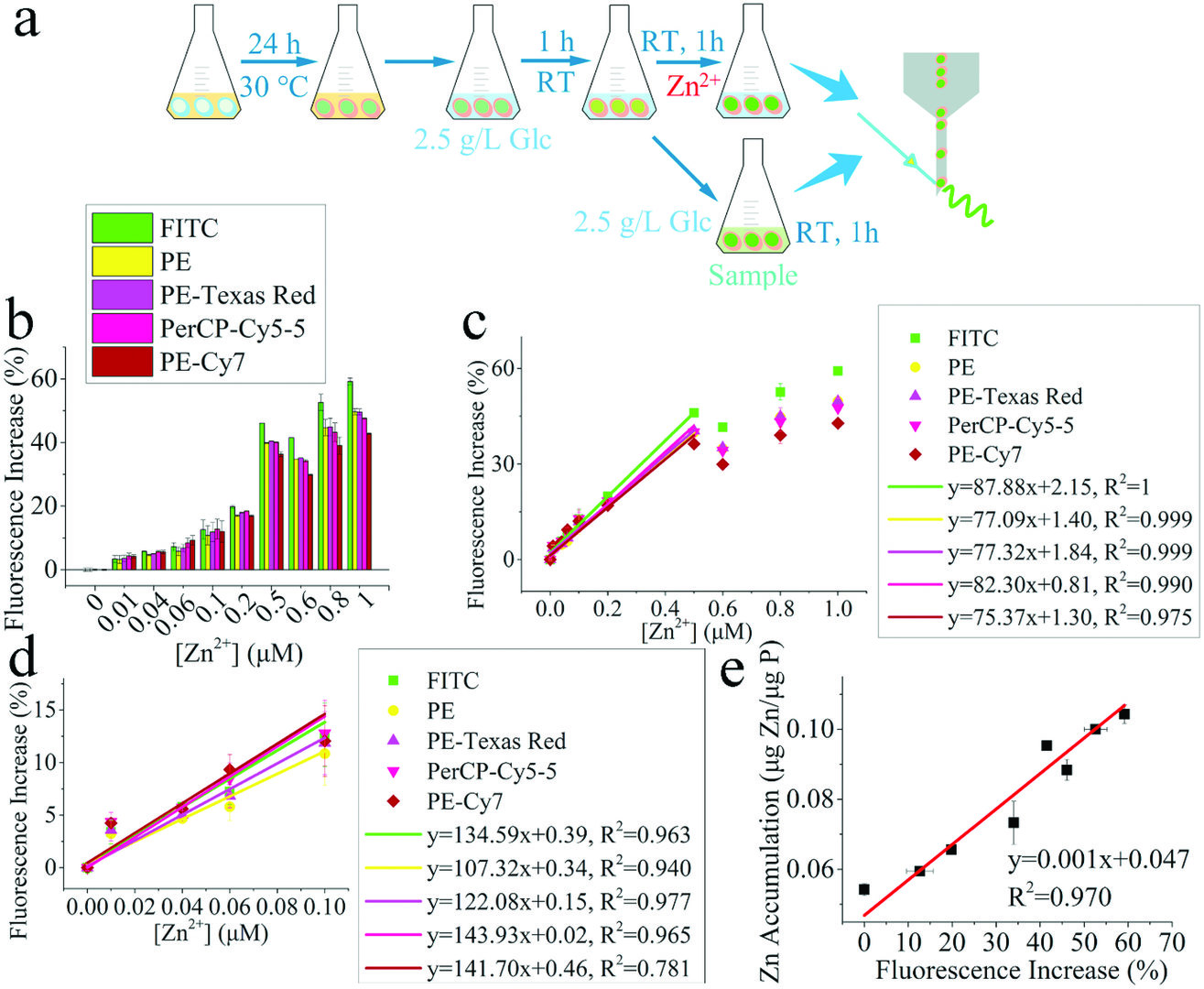
Involved Member: Prof. Wenxiong WANG
A novel biosensor for detecting zinc (Zn) in ocean was established, based on the autofluorescence intensity of an adenine deficient yeast (Ade(-) yeast). This biosensor could detect Zn at ultralow concentration (0.01 μM) and accurately quantify the extracellular concentration of Zn…

Involved Member: Prof. Xiaoyan LI
Ammonium (NH4+) in wastewater is both a major pollutant and a valuable resource. Flow-electrode capacitive deionization (FCDI) is a promising technology for chemical-free and environmentally friendly NH4+ removal and recovery from wastewater. However, the…